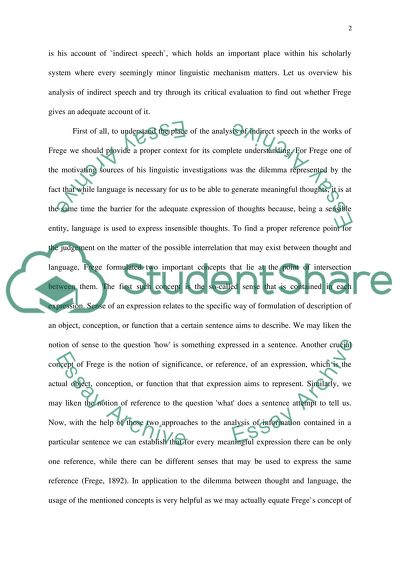Cite this document
(Philosophy of Language Essay Example | Topics and Well Written Essays - 1500 words, n.d.)
Philosophy of Language Essay Example | Topics and Well Written Essays - 1500 words. https://studentshare.org/philosophy/1531963-philosophy-of-language
Philosophy of Language Essay Example | Topics and Well Written Essays - 1500 words. https://studentshare.org/philosophy/1531963-philosophy-of-language
(Philosophy of Language Essay Example | Topics and Well Written Essays - 1500 Words)
Philosophy of Language Essay Example | Topics and Well Written Essays - 1500 Words. https://studentshare.org/philosophy/1531963-philosophy-of-language.
Philosophy of Language Essay Example | Topics and Well Written Essays - 1500 Words. https://studentshare.org/philosophy/1531963-philosophy-of-language.
“Philosophy of Language Essay Example | Topics and Well Written Essays - 1500 Words”. https://studentshare.org/philosophy/1531963-philosophy-of-language.


